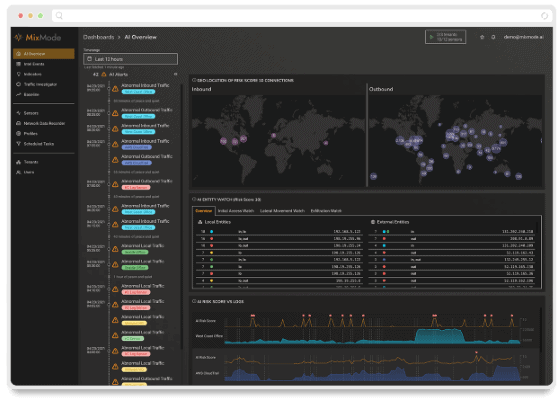Here’s Why It’s Time To Prepare for AI Wielding Hackers
“The war against cyber attackers isn’t a fair battle. Companies have to defend against all attacks, while the attackers only have to get through once. And it’s about to get much, much worse,” writes Marie Korolov for Data Center Knowledge, effectively explaining the biggest roadblock for companies and their cybersecurity teams.
AI could be used by hackers to code viruses that change quicker than any human-designed antivirus can keep up with, write phishing emails that are indistinguishable from those written by human fingers, and analyze a data center so delicately it can find the tiniest vulnerability and attack it.
Companies have no choice. If they want to be safe from AI wielding hackers, they have to adopt an AI-based cybersecurity software. Preferably context-aware AI — cyber’s latest development, which can take in the context of a hack and come up with questions to ask to determine if a threat is real or not.
Investors are Going for Gold When it Comes to AI Cyber Startups that Tackle Phishing
Three cybersecurity startups specializing phishing prevention technology raised nearly $140 million in venture capital in the past week, according to Crunchbase.
A phishing attack is when criminals send real-looking emails that fool people into compromising their network security by following bad links.
In Johnathan Vanian’s Cyber Security wrap-up for Fortune Magazine, he reported that:
“Venture capitalists, hungry for the cybersecurity industry’s next big breakthrough, are excited about the rise of artificial intelligence as a possible solution to phishing attacks. All three startups that landed funding— Valimail, IronScales, and Vade Secure—use machine learning in their products to sift through data and try to stop attacks before they happen.”
Ransomware Attacks Continue to Devastate Florida
Another Florida city had to pay up this week due to a ransomware attack that held their local government hostage, requiring them to pay out hundreds of thousands of dollars to recover their computer systems.
Lake City is now the second city in Florida, after Riviera Beach to cough up big bucks to hackers (as we shared in last week’s update).
According to this article by Alfred Ng for CNET, Lake City paid out $460,000 in bitcoin to the attackers. This comes days after Riviera Beach, a Florida city more than 300 miles away, announced that it would be paying hackers up to $600,000 to recover from a ransomware attack.
Lake City’s computer systems had been down for at least two weeks, as malware worked through the local government’s network and rendered the computers effectively useless.
These types of ransomware hacks are extremely profitable for hackers and are on the rise within local governments and municipalities where protection at the perimeter via point-in-time known events through Firewall, Endpoint and a SIEMs is no longer sufficient. Next-generation monitoring platforms utilizing context-aware AI to understand and analyze regular traffic patterns are needed to alert security teams to anomalies before they even become an event.
By Ana Mezic, Marketing Coordinator at MixMode

